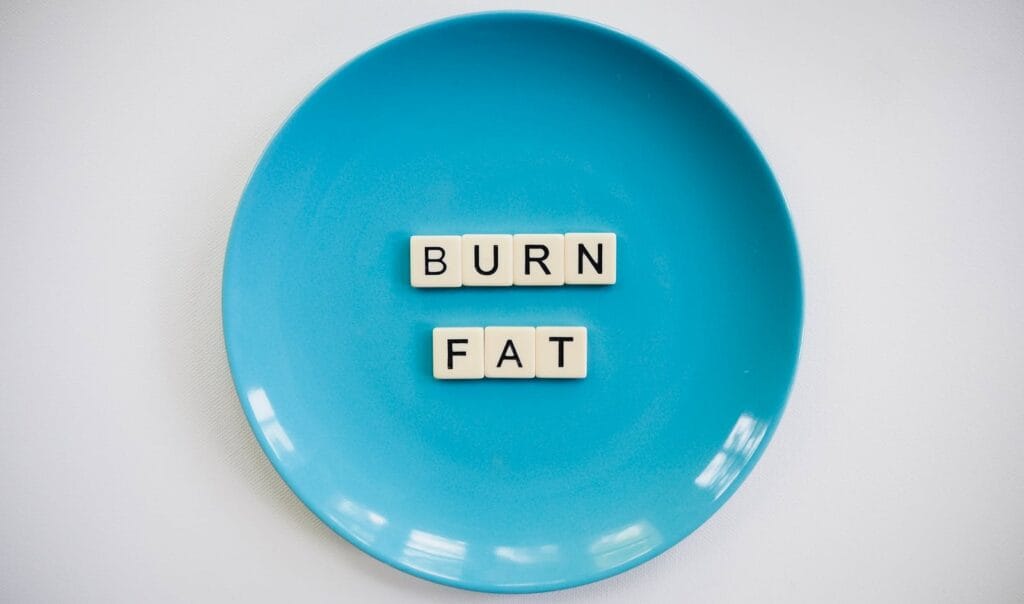
Losing weight is a goal for many people, and one of the key factors in achieving this goal is fat oxidation. Fat oxidation is the process by which the body breaks down fat molecules to use as energy. Understanding the science behind fat oxidation can help individuals make informed decisions about their diet and exercise routines to maximize weight loss.
When we consume food, our bodies break down carbohydrates, fats, and proteins to use as energy. Carbohydrates are the body’s preferred source of energy because they are easily converted into glucose, which can be used by cells for fuel. However, when carbohydrate stores are depleted, the body turns to fat for energy through a process called fat oxidation.
Fat oxidation occurs primarily in the mitochondria, the powerhouse of the cell. Fats are broken down into fatty acids and glycerol, which are then converted into acetyl-CoA, a molecule that enters the citric acid cycle to produce energy in the form of ATP. This process is known as beta-oxidation and is essential for weight loss because it helps the body burn stored fat for energy.
In order to increase fat oxidation and promote weight loss, it is important to create a calorie deficit by consuming fewer calories than the body needs to maintain its current weight. This can be achieved through a combination of diet and exercise. High-intensity interval training (HIIT) has been shown to be particularly effective at increasing fat oxidation because it stimulates the release of hormones that promote the breakdown of fat.
In addition to exercise, certain dietary factors can also influence fat oxidation. For example, consuming a diet high in protein can increase fat oxidation because protein requires more energy to digest than carbohydrates or fats. Additionally, consuming foods high in omega-3 fatty acids, such as salmon and flaxseeds, can also enhance fat oxidation and promote weight loss.
It is important to note that while increasing fat oxidation is important for weight loss, it is not the only factor to consider. A balanced diet, regular exercise, and adequate sleep are all crucial for achieving and maintaining a healthy weight. Additionally, individual factors such as genetics, age, and hormonal imbalances can also affect fat oxidation and weight loss.
In conclusion, understanding the science behind fat oxidation is key to achieving weight loss goals. By creating a calorie deficit through diet and exercise, increasing fat oxidation through HIIT and consuming a diet high in protein and omega-3 fatty acids, individuals can maximize their weight loss efforts. It is important to remember that weight loss is a complex process that requires patience, consistency, and a holistic approach to achieve long-term success.
